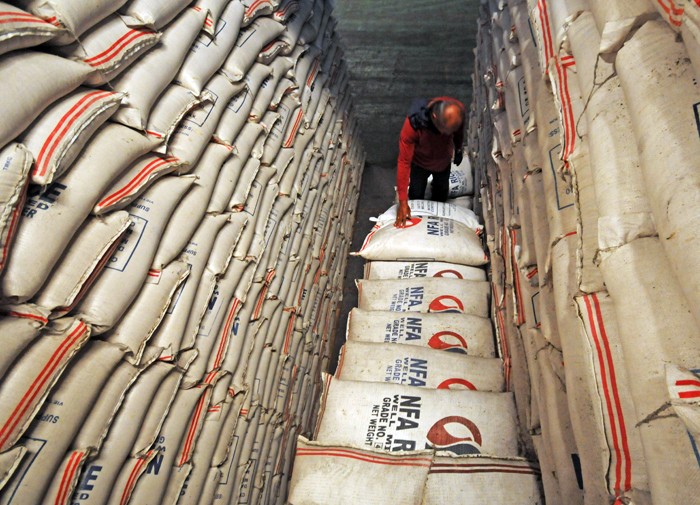- NEPC, NACC Move to Boost Non-oil Export
With the African Growth and Opportunity Act set to expire in 2025, the Nigerian Export Promotion Council, in collaboration with the Nigerian-American Chamber of Commerce, has concluded plans to boost non-oil exports and avail Nigeria opportunities under the Act.
Non-oil export trade between Nigeria and the United States of America has remained low at two per cent, the Chief Executive Officer, NEPC, Mr Segun Awolowo, said, adding that with the partnership and different initiatives of the council, Nigeria would ramp up the non-oil export figures.
While paying a courtesy call on the chamber to seek partnership on the way forward for Nigeria’s non-oil sector, Awolowo stressed that there was a lot to do to drive export of non-oil goods.
He said that in the new negotiation the council had put up; there were different initiatives to ensure that Nigeria optimised the opportunities under AGOA before its expiration.
He said the Federal Government had created a national committee for export promotion to drive its zero oil plan.
Awolowo satated that the National Economic Council, chaired by Vice President Yemi Osinbajo with the 36 state governors as members of the national committe will go a long way to boost productivity in the nation’s non-oil export sector in a bid to get goods exported to the United States.
“We are here because the chamber is going to be important to increase our non-oil export to the US. We need you to explore the possibility of investment into priority areas for development of our export,” Awolowo said.
According to him, Nigeria has been a good receiver of Foreign Direct Investments from the US. He, noted, however that the FDIs had either gone into the financial services, telecommunications and Information and Communications Technology.
“We need more investments in manufacturing and industry. This will be the major focus where we want your organisation to help us. We also need to improve the quality of our products and we are also going to need your support on how we can meet the American standards,” he said.
The President, NACC, Oluwatoyin Akomolafe, said the chamber had been working very closely with the council to seek ways to adopt a prepared AGOA implementation strategy.
He emphasised the need to have a more senior representation on the AGOA committee at the Ministry of Trade.
“We want you to support us and there are plans to make Nigeria the centre for AGOA in Africa. So we need to really work very closely together,” he said.
According to him, partnership for promotion of AGOA through capacity building and awareness creation cannot be overemphasized.
He stressed the need for Nigeria to identify the clusters of local producers while also benchmarking successes made over time.
He added that most of the African countries that had done well in AGOA implemented a well-articulated national AGOA strategy.
“This is why we developed over a year ago, a national strategy for Nigeria. We want an implementable strategy. We call it a five-year strategy programme where on a yearly basis we measure the level of successes we have made.
“However, the chamber cannot approve a national AGOA strategy, so this is why we are seeking the support of the ministry of trade through this partnership with the council,” Akomolafe said.

 Forex2 weeks ago
Forex2 weeks ago


 Naira2 weeks ago
Naira2 weeks ago
 Naira4 weeks ago
Naira4 weeks ago
 Billionaire Watch1 week ago
Billionaire Watch1 week ago
 Company News4 weeks ago
Company News4 weeks ago




 Naira2 weeks ago
Naira2 weeks ago




 Naira1 week ago
Naira1 week ago




 Naira4 weeks ago
Naira4 weeks ago






















